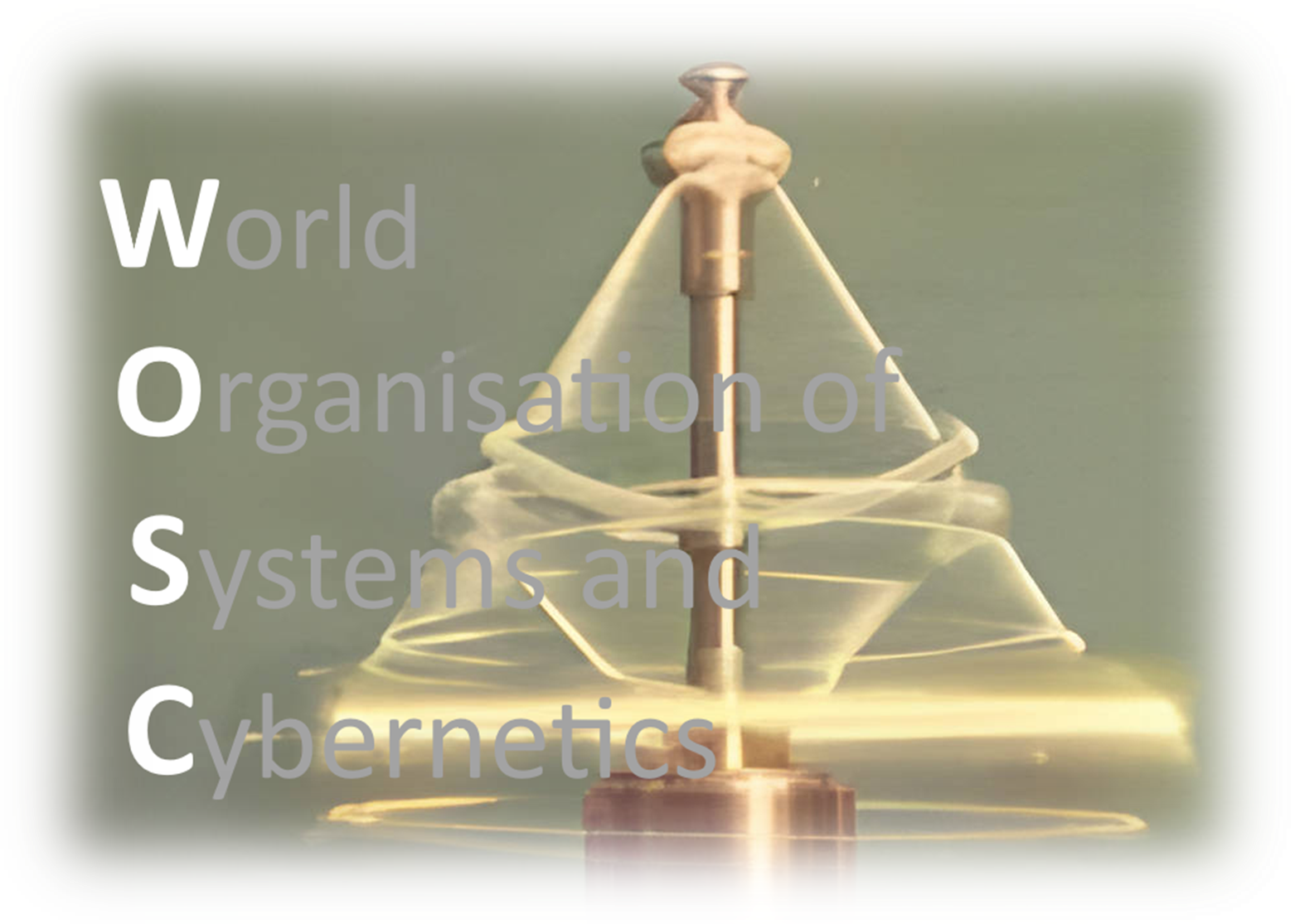Coordinated by Sergio Barile, Clive Holtham, and Vojko Potocan

Section 2.1 Systemic Governance and Management
Coordinated by Markus Schwaninger, and Sandro Schlindwein
The purpose of this stream of WOSC 2024 is to foster the theory and practice of systemic approaches to organizational governance and management. In the title of our section, we plead for integrating the ecological, social and economic dimensions of organizational governance and management. This would reflect a systemic approach. Currently, the evidence suggests that an integrative take on governance has been announced frequently but realized only sparingly. We invite contributions to a successful systemic organizational governance and management. Both theoretical papers proposing conceptual models and practice-oriented submissions with cases or examples are welcome. Questions to be addressed in this stream:
- What constitutes systemic governance as opposed to non-systemic governance? Are there cases which illustrate that distinction?
- How can a systemic governance be achieved? How can it be brought to fruition?
- Are there Real-world experiences with a systemic governance approach that succeeded or failed?
- Are there cases or examples to document these experiences?"
Section 2.2 Exploring the nexus of ecology, society, and economics in organizational governance
Coordinated by Marialuisa Saviano, and Francesco Caputo
This section seeks scholarly contributions elucidating the complexity of integrating ecological, social, and economic dimensions. Soliciting insights, research, and case studies, the call addresses aligning organizational strategies with sustainability, responsibility, and viability. Topics include (but are not limited to) Sustainable Organizational Practices, Socially Responsible Governance, Economic Resilience, and Holistic Governance Models. Encouraging practical implications and lessons, the discourse aims to redefine governance paradigms for a harmonious and resilient global landscape. Contribute to shaping the scholarly dialogue on organizational governance, where ecological, social, and economic considerations converge for enhanced sustainability and resilience.
Section 2.3 A Shift in paradigm: how the Viable System Model shapes collaborative, self-governing organisations and networks
Coordinated by Angela Espinosa, and Jon Walker
It becomes progressively more obvious that a new paradigm for sustainable self- governance is a pre-requisite for the creation of a fairer, regenerative, more democratic world. Stafford Beer’s VSM has proved itself to be in a class of its own for dealing with these kinds of issues: it is deeply systemic and fundamentally concerned with patterns of relationships rather than isolated decisions restricted to a vast number of silos. All VSM diagnosis focusses on the interactions with the environment and, once the environment defined by the observer extends to include the health of eco-systems and bio-diversity, the VSM offers clear guidelines to organise any institution in a regenerative manner.
Further the combination of levels of recursion and the law of requisite variety make it clear that a centralised, authoritarian governance approach cannot possibly work. The VSM requires autonomy at all levels, and at the lower levels of neighbourhood and family, dramatic devolution of both power and responsibility so that everyone becomes part of the solution. Lastly the VSM views society as a vast array of nested viable systems, where lower levels are braided together for their mutual benefit in a fundamentally collaborative way. In this team we invite academics and practitioners to suggest ways to further clarify and apply the ideas of organisational viability, sustainability and self-governance, to promote collaborative networks rather than competitive, authoritarian organisations; and to develop adaptive capabilities, to more effectively contribute to a more peaceful and resilient society.
